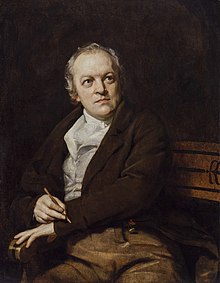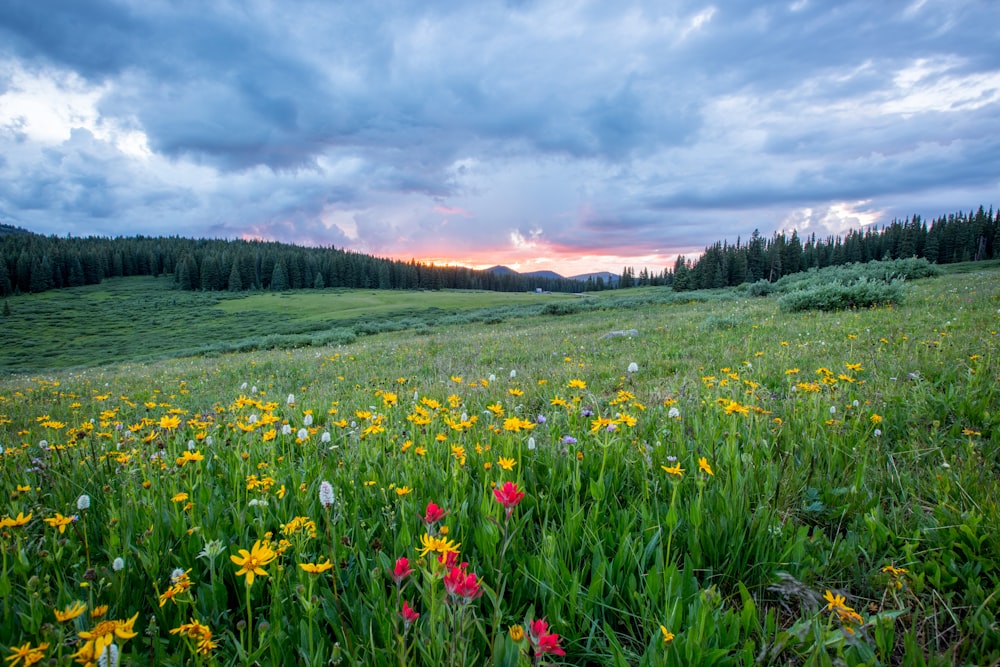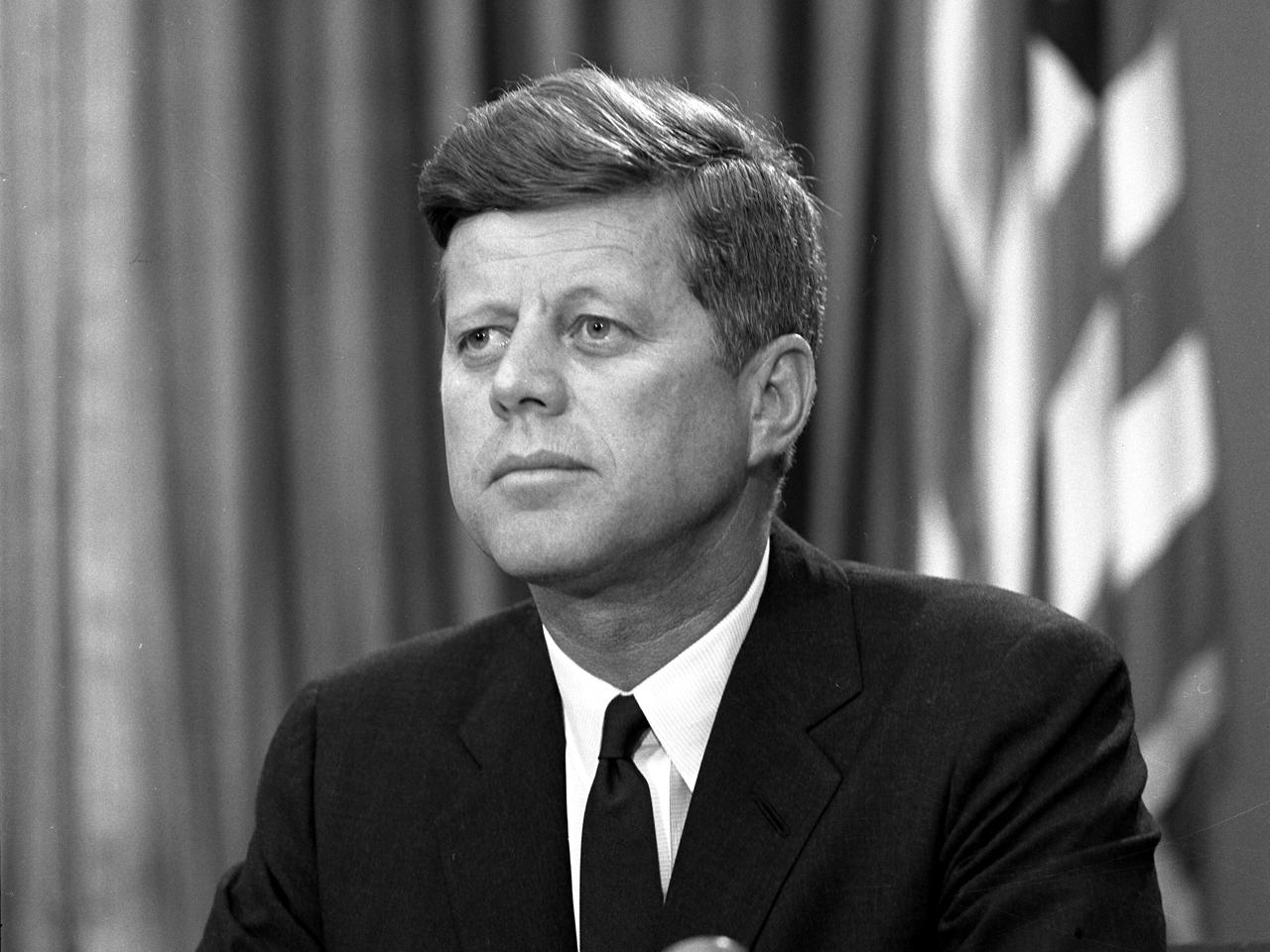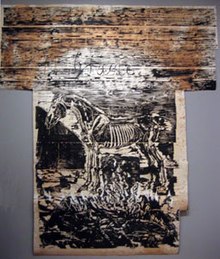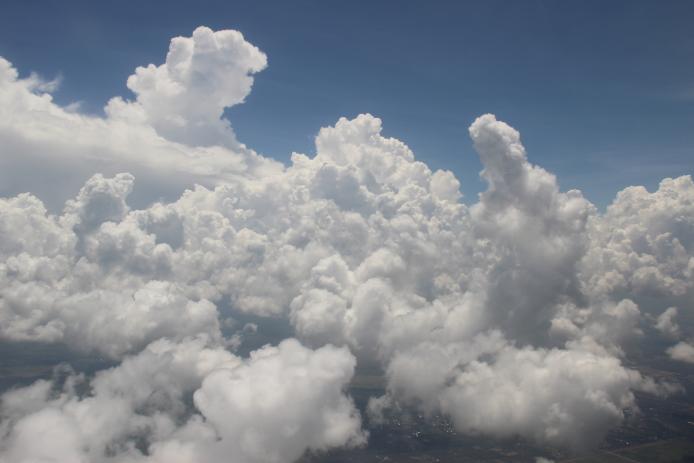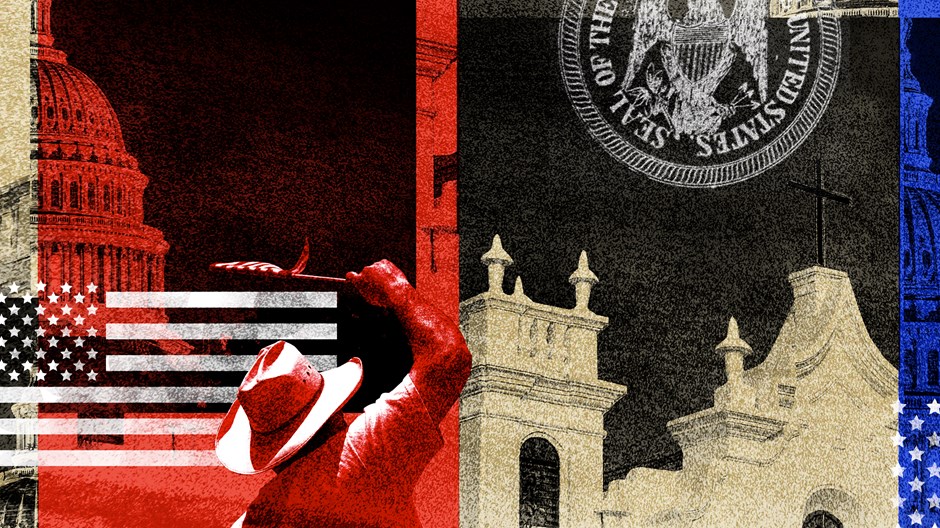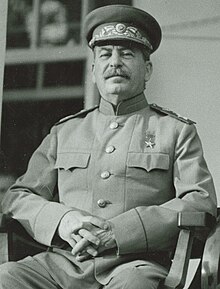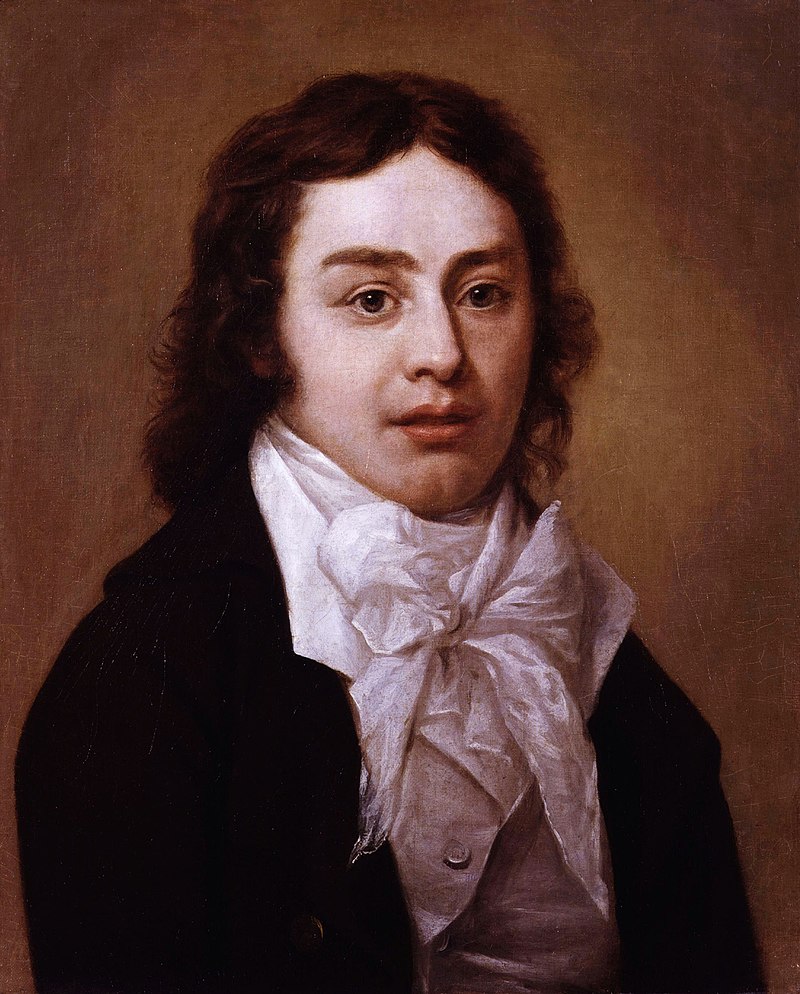
In an article I read recently, some commentators compared the way in which Russian president Vladimir Putin is systematically destroying Ukraine's energy infrastructure, causing untold hardship to millions of people, to a similar act of genocide, that of the famine that Josef Stalin unleashed in Ukraine ninety years ago. Holodomor, the Ukrainians called it, "death by hunger," an act of merciless tyranny the nation will never forget.
Will this present suffering ever stop? Will the Russians ever relent? Aside from arming and encouraging the Ukrainian army, the rest of the world can do little to halt the destruction and, concomitantly, the genocide. How, one asks, will justice ever be done?
Other than casting this situation in what can be at times a rather opaque and bewildering metaphysical framework of meaning, I don't know. I really don't know. The impunity seemingly enjoyed by the Russians at the moment appears to defy all rules of moral logic, present and future: why? Darkness, a deep epistemological darkness, covers the land.
Nonetheless, the world really does have a point.
How can we suppose otherwise?
